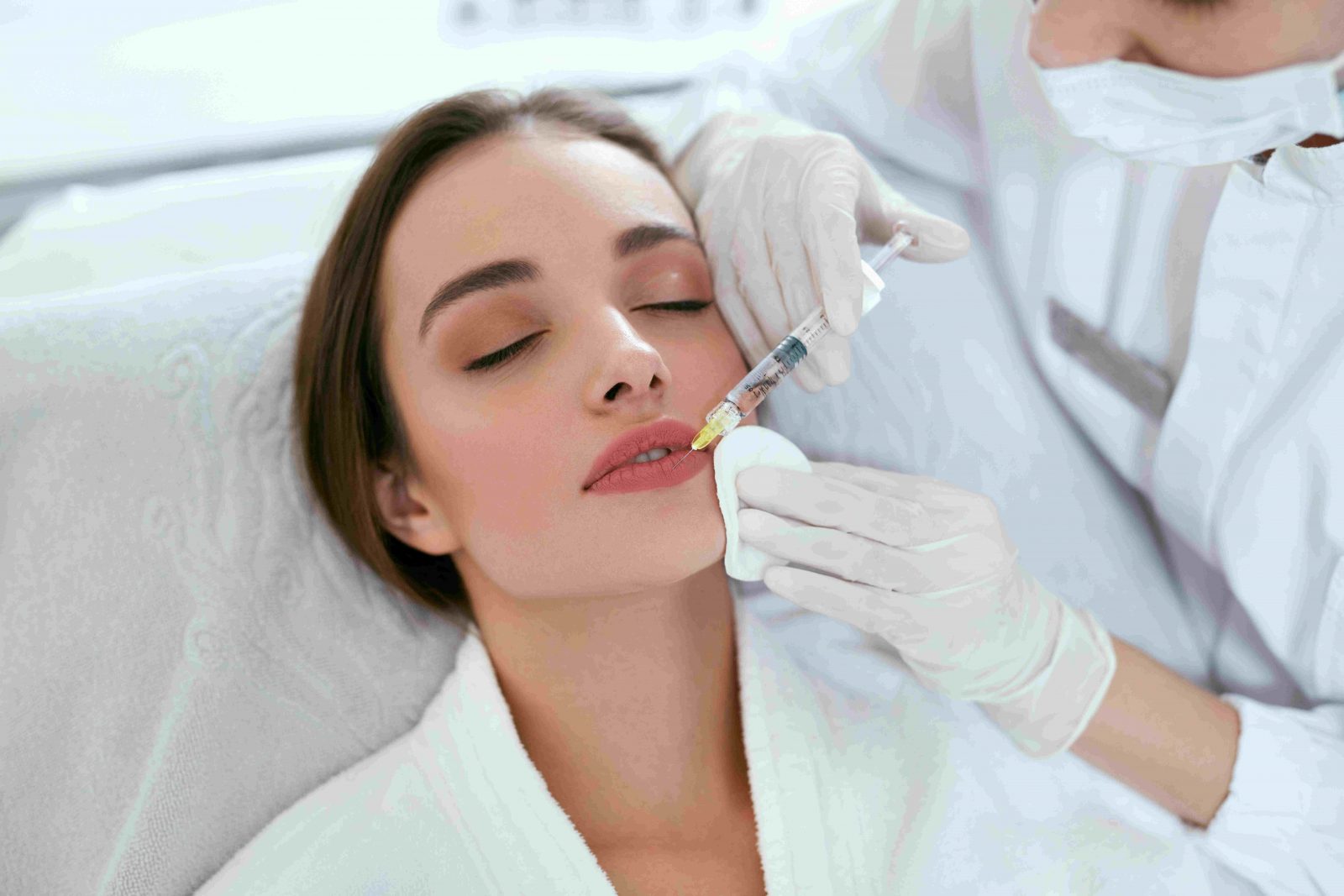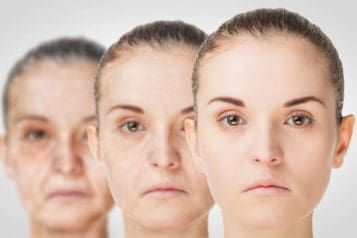An internationally-known double-board certified facial plastic surgeon, Dr. P. Daniel Ward has addressed the aesthetic concerns of thousands of patients helping them restore and improve their self-confidence and self-esteem. Distinguished by attention to detail, a down-to-Earth approach, and a passion for his work, Dr. Ward is recognized as a top facial plastic surgeon around the world. Dr. Ward’s extensive educational credentials include a five-year residency in Otolaryngology-Head & Neck Surgery followed by completion of a Facial Plastic Surgery Fellowship. Haute Beauty chats with Dr. Ward to discuss things to avoid before getting injectables and tips/products to use for the prevention of bruising and swelling.
 Photo Credit: Shutterstock
Photo Credit: Shutterstock
Before getting an injectable, whether it is for the lips, cheeks, or good old fashion Botox, there are several things that you can do to help minimize your recovery. Whenever there is a treatment performed with a needle, there are some blood vessels that are encountered and traumatized with the needle. This does not mean that your injector does not understand anatomy or somehow didn’t see the vessel. There are simply so many vessels that it is almost impossible to avoid them.
As a result, anything that can help decrease bleeding or bruising can be helpful. One of the most common reasons that people can experience post-treatment bruising is because many medications and herbal supplements can affect platelet function. Perhaps the most common medication that is used that affects the ability of our platelets to seal off any bleeding is ibuprofen. Ibuprofen, the active ingredient in Advil, Motrin, and other anti-inflammatory pain medications is an example of an NSAID or a non-steroid anti-inflammatory drug. Other examples include Naproxen or Naprosyn, Aspirin, and Toradol.
All these medications work on the platelets, which can increase the amount of bleeding and bruising. Ideally, it would not be taken for a full 90 days before the procedure. However, this is not likely to be possible in most cases. Avoiding them for 1 to 2 weeks prior to the procedure is typically enough to decrease the side effects enough so that it does not significantly affect bruising.
Other medications that can have similar effects are herbal supplements. If you have any questions about herbal supplements, discussing them with your injector ahead of time would be wise. Many of these medications have not been as well studied as other pharmaceutical medications, because they are not regulated by the federal drug administration.
The thing that can be helpful to decrease bruising is to simply hold pressure on the area immediately after the injection. Sometimes, with filler treatments, this may not be possible, because we do not want to displace the location of the filler. However, doing so to the extent can be very beneficial. Similarly, ice can be helpful, because it can help decrease the caliber of the surrounding vessel's inflammatory response, which will help minimize bleeding and bruising.
 Photo Credit: Shutterstock
Photo Credit: Shutterstock
Something else that might be helpful is keeping the head or treated area elevated for a day or two. Doing this helps allow gravity to decrease the swelling and the associated inflammation. It seems very simple, and it is simple, but it is effective. Another simple addition is to avoid anything that increases the heart rate or blood pressure for 24 to 48 hours after the treatment. Increasing blood pressure can lead to more bleeding and bruising.
From a pharmaceutical standpoint, there are a couple of things that can be done to help decrease the swelling. To help decrease the swelling related to any histamine release, you can take an antihistamine. I still believe that Benadryl, one of the oldest and histamines available, is still probably the best. I will often have my patients take 25 to 50 mg the night of the injection. It can be quite sedating, I usually only recommend they take it at night. There are some other antihistamines that are not sedating that can be used as well, but I think they are probably less effective.
One of the best remedies that we have for swelling is a steroid. I will occasionally prescribe a steroid pack to help decrease the swelling. I do not routinely recommend this treatment, because every medication has its risk of side effects. Steroids can sometimes make people feel jumpy or jittery. There are even some people who become almost manic on these medications, whereas others simply might feel a little bit irritable. The vast majority of people don’t feel any change. Prolonged use of steroids can have some severe long-term effects, so I only recommend them for a short period of time.
Another product that a lot of people like to use to help decrease bruising is Arnica. This is a product that is an herbal remedy that has been shown to decrease bruising. Ideally, you would take the oral pill before and then for a few days after. There is also a topical form that can be used, although it is less effective.
























